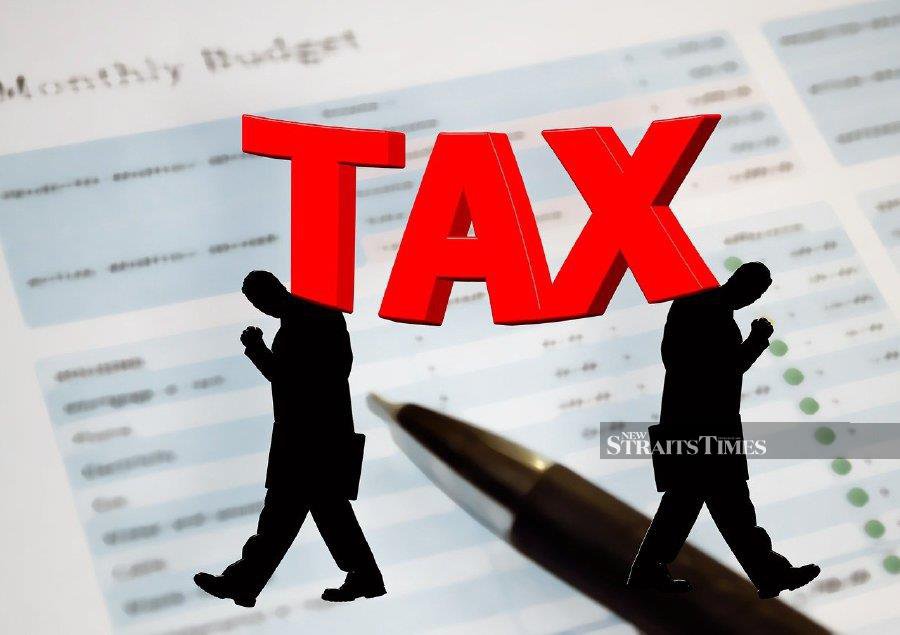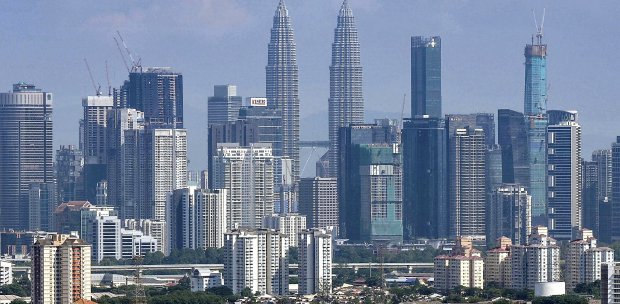In 1848, Lord Palmerston famously made his speech in the House of Commons where he declared that "We have no eternal allies,and we have no perpetual enemies.
Our interests are eternal and perpetual, and those interests it is our duty to follow."
More than a century later, Dr Henry Kissinger echoed the same when he stressed that "Americahas no permanent friends or enemies, only interests."
Meanwhile, down under, a white paper aptly titled "In the national interest : Australia's foreign andtrade policy" was definitely instrumental in positioning the nation into a high income economy with a very high quality of life as measured by the Human Development Index (HDI).
There are a plethora of think tanks — a term used to describe publicpolicy research organisations and outfits in Malaysia, of which most are in the Klang Valley. But only a few appear as line-items in the federal budget to receive direct funding from Malaysian taxpayers and they cost tax payersmillions of ringgit per year.
While more policy research is a welcome addition to the marketplace of ideas, there is simply no reason why these institutions shouldn't be required to raise their own funds rather than rely on scarce taxpayer dollars.
Broadly defined, think tanks are organisations that provide public policy-oriented research and analysis to inform lawmakers and the general public.
Some are affiliated with universities, while many are independent institutions funded by private foundations or individual donors. In addition to private and semi-private organisations, there are also governmental policy research entities that provide analysis directly to legislators or executive branch agencies.
Taxpayer dollars also go to fund research at other well-known entities. Though largely funded by taxpayer dollars, these organisations are operated independently of the federal government and perform research pursuant to grant and contract submissions that must go through a regular review process.
There are only a handful of quasi-governmental think tanks that receive direct appropriations without evaluations of programmes with recommendations to improve operations and save taxpayer dollars.
There exists a real threat of fragmentation, overlay and duplication across the massive tapestry of think tanks. It is not too far fetched to say that many of these institutions are working in silos.
Think tank that slipped into oblivion
In Malaysia, there used to be a premier think tank that ranked among the Top 25 in Asia (according to the Think Tank index). Oddly, over the past few years, the outfit appears to be somewhat defunct despite receiving millions from the Finance Ministry.
While it proudly declares that the government is a client and benefactor, interestingly there is no representative from the government on its board of trustees (they were all booted out!) while not a single annual report has been produced since 2018.
To make matters worse, it was headed by questionable non-subject matter experts in succession. While the think tank continues to occupy government property till this day, it unhesitatingly utilises the expertise of foreign nationals.
All of this is nothing short of a good Greek drama in the bastion of the Geeks; it has both comedy and tragedy, just like in the drama ofGreek theatre!
Faulty diffusion indices
In Malaysia, two diffusion indices released bya particular outfit are widely followed. One tracks business confidence and the other consumer conditions. However statistical analysis reveal that both indices do not move in tandem with actual economic data and in fact they buck the trend at times.
It comes as no surprise that even the Monetary Authority of Singapore (MAS) stopped following this particular set of indices. While there were calls for these metrics to be discontinued, a trenchant economist persisted.
With remarkable tenacity,these indices were incorporated as input for the now defunct National Recovery Council (NRC). We now know that the NRC has not published a single report. Can we find their recommendations to the government in the public domain?
Regarding the pandemic -how big were business losses and the impact to the GDP? What about the cost to the informal economy and social costs? It is a case where these indices do not reflect the actual situation on the ground and are not in sync with the economy.
The situation is akin to a "Chicken without Head", a situation that is disorganised, confusing and lacking direction, like a chicken that has lots its head and is running around aimlessly.
Indeed, the taxpayers have a right to know what happened?
Cutting the purse strings
The road to hell is paved with good intentions and it's corollary, hell is full of good meanings, but heaven is full of good works is undoubtedly true.
Advocates of these institutions often argue that their taxpayer funding represents a miniscule portion of the budget. With deficits and debts at an all-time historic high, the federal budget is on a potentially ruinous path.
Every dollar that can be trimmed from the budget would help alleviate the burdens that will eventually be imposed on future taxpayers for today's deficit spending. Although to be fair, there have cases where the source of funding is actually outside of Malaysia, and now one would begin to wonder how could this be reconciled with the national interest?
For example, are there ginger groups funded by foreign interests seeking to influence its direction and activity? Could these organisations go rogue?
Just as the government should not be picking winners and losers among businesses in the free market, it should not be providing special treatment of direct appropriations to well-connected policy organisations.
These arrangements are holdovers from the bad old days of a bloated, corrupt and inefficient government.
There have been attempts over the years to eliminate or at the very least to cut funding to these quasi-governmental organisations.
In the final analysis, like most think tanks across the world,in the national interest, these institutions should be the subject of closer scrutiny.
* The writer is a widely quoted economist and international relations analyst. He completed his graduate studies at Macquarie University, Australia. The opinions in this article are his own.





